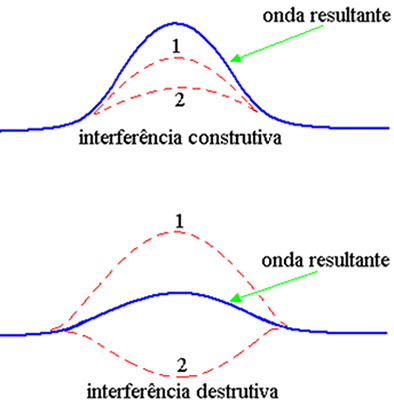The Moon has always been the object of human beings' curiosity. Several astronomers carried out research on this natural satellite, however, the big milestone occurred in 1969, when the American astronaut Neil Armstrong nailed his footprints to the Moon. After this feat, human ambition spurred new perspectives, the main one being the possible existence of water on the Moon.
NASA (National Aeronautics and Space Administration), better known as the United States space agency, has always accomplished great investments for the development of technologies with the aim of a lunar exploration, and the results of this process are, so far, satisfactory.
NASA's last major project was the Lcross (Lunar Crater Observation and Sensing Satellite) mission. In October 2009, a rocket was launched from the Lcross satellite towards the Moon, promoting a major collision. The impact resulted in the opening of a crater on the Moon and a large cloud of lunar dust, which could be photographed and analyzed by Lcross.
The data collected by the space mission were analyzed by NASA technicians and, on November 13, 2009, the existence of water molecules in the researched material was confirmed. Water is crystallized (in the form of ice) underground in a region of the south pole of the Moon. This discovery reinforces the motivation for a likely colonization of this natural satellite.
The existence of water could provide the installation of rocket launching bases on the Moon, aiming travel to more distant places on Earth (such as Mars, for example), in addition to its use for consumption human. However, the amount of water on that satellite has not been precisely established. Therefore, other missions will have to be funded to accurately complete the availability of water on the Moon.
The high investments destined to these missions have always been questioned by a large part of the population, since these resources financial resources could be used for the recovery of the Earth's natural resources, without the need for exploration in others planets. In this sense, a question remains: how many planets will it take to satisfy human ambition?
By Wagner de Cerqueira and Francisco
Graduated in Geography
Brazil School Team
Curiosities - geography - Brazil School
Source: Brazil School - https://brasilescola.uol.com.br/geografia/existe-agua-na-lua.htm

